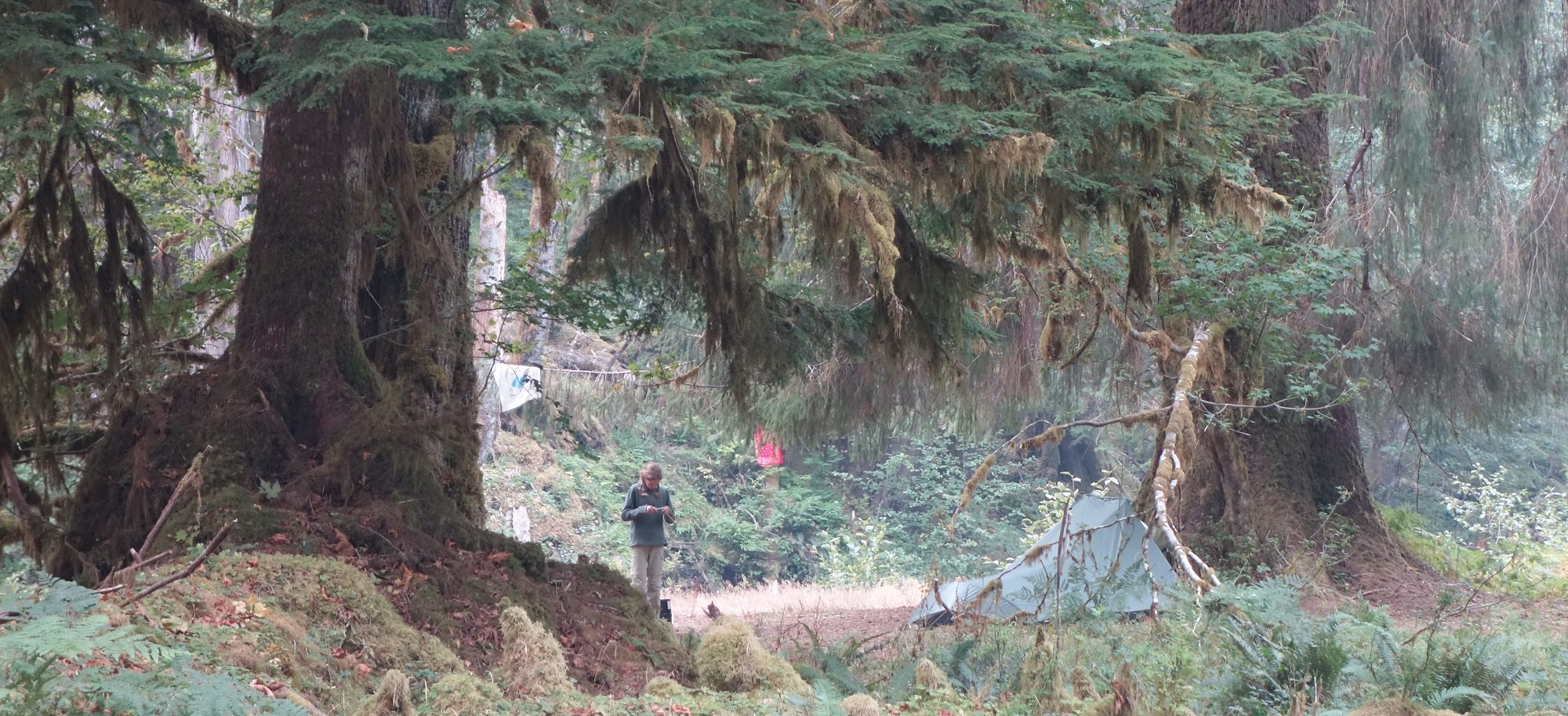Imagine a campground that is not a parking spot for rent, where the line between garden and wilderness is unclear and surrounds you, where your neighbors are all there to take care of the land, where you teach and learn old skills, and where you have pleasant work to do. You see people you know, and each day you eat and work together to invest in water and soil.
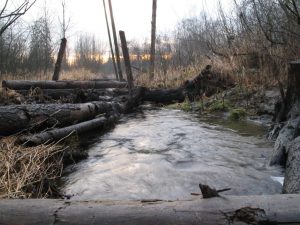
Both camping and ecosystem restoration are about a relationship with yourself, with others, with the land, and with the unknown. We have been camping for 200,000 years. Now it’s the age of restoration.
I have been working in ecosystem industries for about 30 years. Now I spend my time in meetings or phone calls or typing documents, buying projects, selling strategies, and navigating human systems. I spend shockingly little time actually tending ecosystems, or talking to the people that live in them. It’s a kind of madness.
The first plant I identified from a book was Lamium purpurea. I can still see the alder stand in which it was growing with bedstraw and trailing blackberry, and bark white with lichens. I still remember the smelly smoothness the first time I peeled cedar bark. Picking nettles, cultivating food, building from raw trees; these are the skills that connect us to land since the time before memory.
We have a problem with our relationship with the earth. If we want to care for the earth, we need to care for the earth. It is a simple thing.
What if we all just decided that we were going to tend the earth? We would go into the watershed, and live simply, slow erosion, catch water, build soil, plant trees, and collect seeds. But we’ve made it complicated. The land is all chopped it all up with imaginary lines, into my land and your land. But the rain and the health of the soil and the threads of evolution are not owned. Through an elaborate system of irresponsibility our most valuable heritage is cared for by no one.
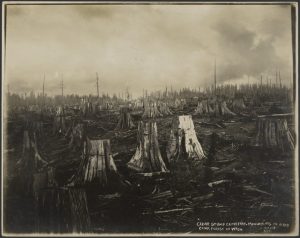
We have vast areas of land that have been damaged during colonization, and need work. We use public funds to buy damaged and sensitive lands with no resources for stewardship. We have neighborhoods with no access to land. We have landowners with visions of stewardship, but unable to do the work. We are losing the skills of our ancestors, just as we are destroying wild communities that we have tended for thousands of years. Our meat, our houses, and our education all comes from factories.
I propose that an answer might be camping.
I suspect that the obligation of stewardship comes before money, but does not preclude our humanity. We have a funny idea that conservation is about removing people from land. It doesn’t work because we actually need to change the relationship. Lets build a network of campgrounds throughout the watersheds where we enrich the land with our residence. Lets gather and restore ecosystems and study and hone our skills. We can buy our food from farms and tell stories. We can harvest building materials with respect in a relationship that increases biodiversity and forest health. Come for a weekend or come for a season. We can laugh and play and tell stories over the campfire as we have done for 200,000 years.
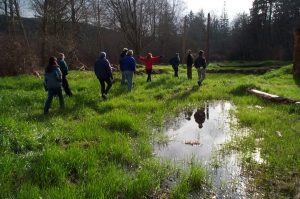
To do this we need to create a social and legal system so that we can become a human guild that restores watersheds and lives with the land. It’ll be fun. But we can’t do this alone and it will take work. Isn’t it worth a shot?
I made a website. I’d like you to read it out and let me know what you think. I’m looking for a good crew that wants to figure out how to go restoration camping.

